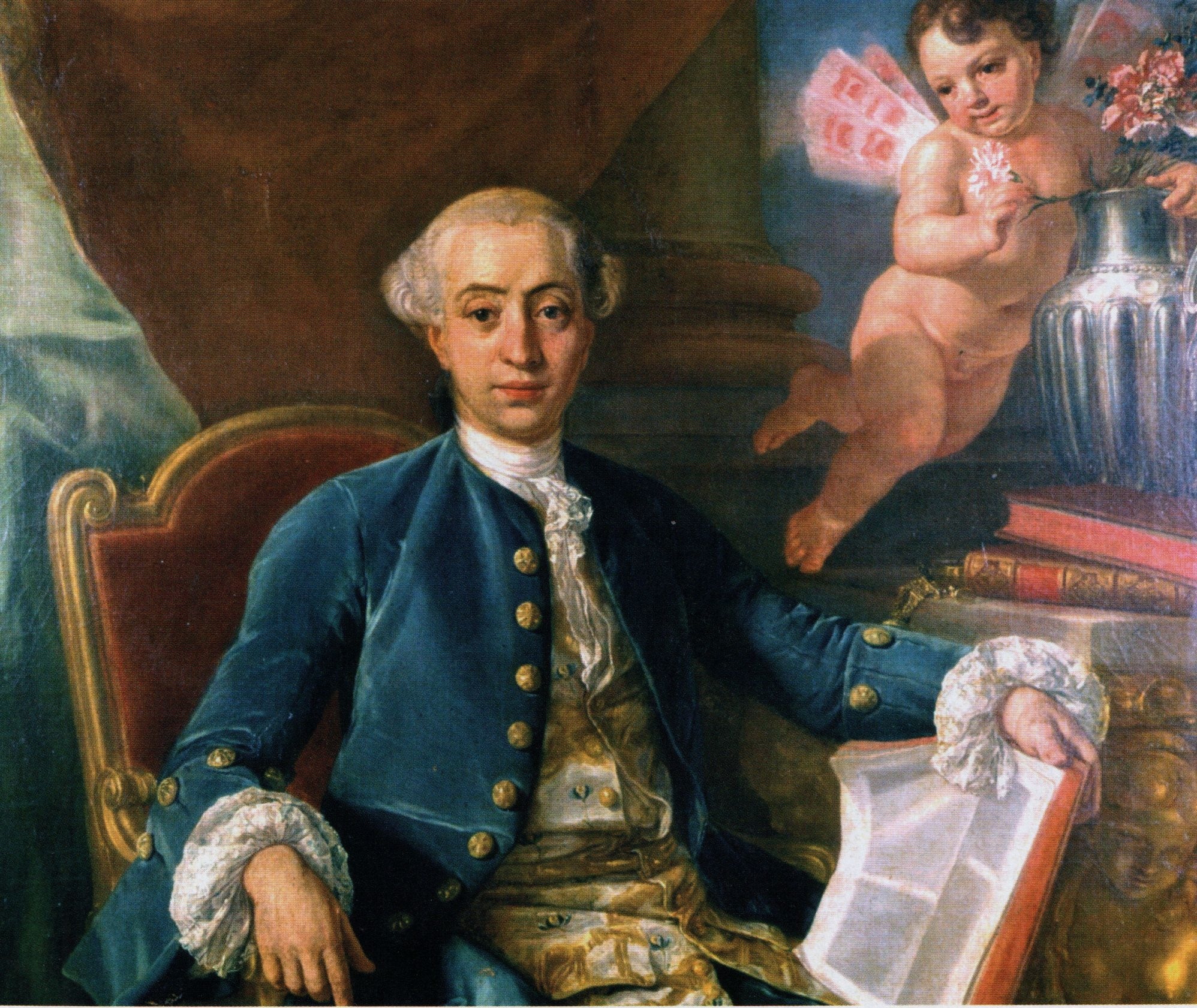To make a story good, you need to set its background straight.
So, think of Venice. Not that of today, of course, but rather that of the 18th century: then, la Serenissima had been enjoying her role of European capital of arts and delights for the good part of 100 years. The first public opera house had opened in 1637 and its women had been already finding amusement in creating astonishing costumes and masks to wear during Carnival.
Theaters were home to Carlo Goldoni’s social plays, while Canaletto and Longhi gave shape and color to the beauty of the city in their paintings.
Europe’s aristocracy made of Venice a compulsory stop of its Grand Tour, and all that came from the Venetian lagoon would become a symbol of beauty, status and wealth, including its men. Or, at least, one man in particular: the best known and unsurpassed of all enfants terribles, the one bound to set an example for all charmers and serial lovers to come.
So famous is he, his name alone suffice to evoke an era and a way of life: Giacomo Casanova.
The real Casanova
Say Casanova, think of unrestrained passions and voluptuous love: common imagery, as well as artistic portrayals, focused largely on Casanova’s love for women and his skills under the duvet. True: Casanova was a known tombeur de femmes, who counted among his conquests aristocrats and maids, lascivious maîtresses and virginal nuns, yet there was more to him than that.
In many a way, his popularity as a lady’s man obscured other facets of his personality: born in Venice in 1725, Giacomo was the sickly child of popular Venetian actors of Spanish ancestry. He himself liked to say one of his forefathers had sailed to the Americas with Cristopher Columbus. When he was only one year old, his own mother left him to the care of his grandparents to pursue her acting career, a fact many see as the very point of origin of Casanova’s unstable relationship with women.
What we know about his life comes mostly from his autobiography, entirely penned in French because it was the most popular language at the time: L’Histoire de ma Vie. Here we learn young Giacomo had been sent to Padua to become a priest at the tender age of 11; however, it was while under the supervision and tutelage of Abbé Gozzi that Giacomo was seduced for the first time by the priest’ sister Bettina. The career of the world’s most notorious seducer had begun.
Casanova liked women, never mind their social or marital status. He did have a penchant for nuns: with one of them, simply called M.M. in his autobiography, he had fallen in love. Yet, Giacomo was not the marrying type: he never tied the knot, even though he had several children. Story goes that once he almost slept with his own daughter Leonilda: not one to condone incest, Casanova transferred his attentions to Leonilda’s mother albeit, he explains, their child enjoyed some action too, but was left “intact.”
A convinced libertine for sure, but a gentleman nevertheless, Casanova often helped women in distress and never dumped a partner, preferring to discuss and agree with them how to part ways.
And what about men? Many believe Casanova was, in fact, bisexual. That he may have had an interest in his own sex could be hinted at by the fact his greatest love, Henriette, whom he met in 1749, was a cross dresser.
An uncontrollable, yet galant, lover: this is the image we have of Giacomo Casanova. Yet, there was more to this man than his escapades and sexual prowess.
As his autobiography proves, Casanova was a talented writer and a man of great culture. He once met Voltaire and entertained learned conversations with him about politics and philosophy. He was friend with Da Ponte, writer of Mozart’s Don Giovanni’s libretto. Some biographers maintain Da Ponte asked for Casanova’s help, as the plot of the Don Giovanni resembled so much his own life: even though we have no proof he did participate to its composition, we do know he met Mozart and entertained with him a courteous friendship.
A gentleman, a ladies’ man and an intellectual, but also – alas – a bit of a con artist, as Casanova, we must not forget it, sustained most of its peculiar habits through some very shady businesses: sometimes expert of the occult, sometimes investor, he often had to leave cities in a rush because of his unclear affairs.
But then again, one wouldn’t expect anything different from such a flamboyant character. Flamboyant and a libertine, but also a man of great talent and profound sensitivity, who loved women with respect, even if being faithful was never part of his game. A creative soul, a good writer and a true child of his time, whose life and escapades still keep us reading and lusting for more, almost three hundred years after his death.































